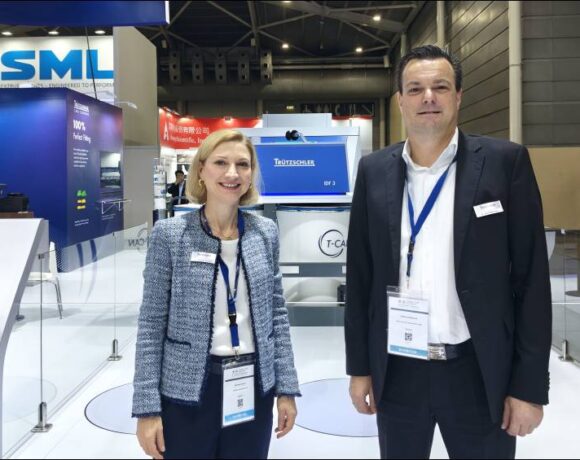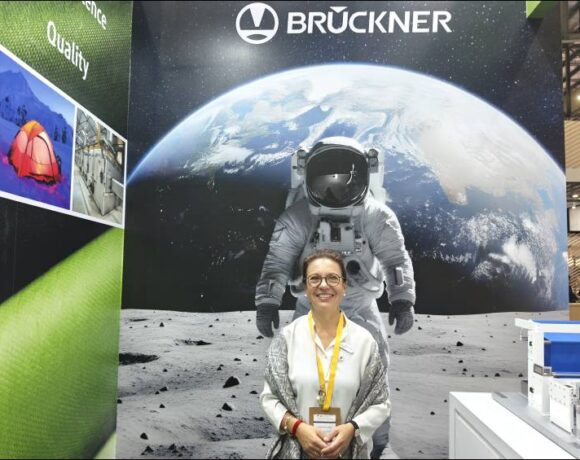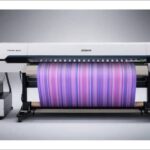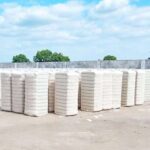Sustainability Is Ingrained In Our Products And Processes: Pankaj Mudgal
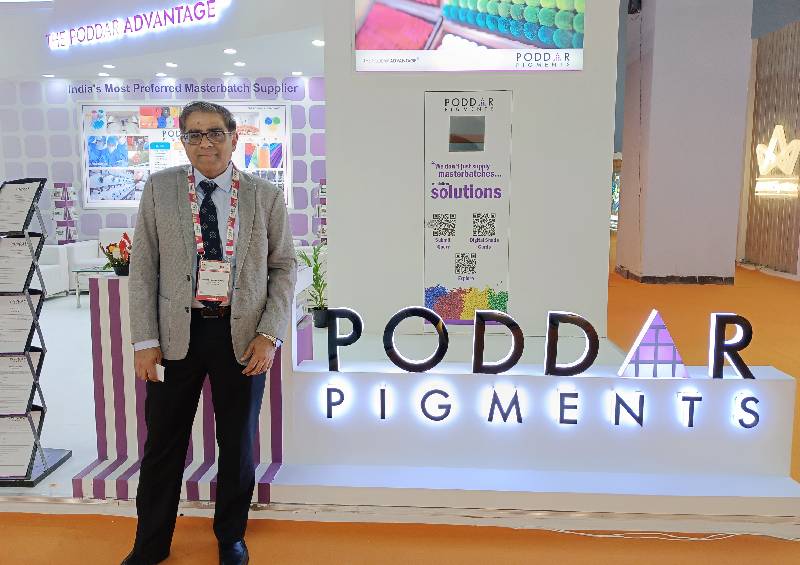
In an exclusive interview with Textile Insights, Pankaj Mudgal, Chief Marketing Officer of Poddar Pigments, shares company’s pioneering efforts in revolutionizing the textile industry through sustainable dyeing solutions. With a focus on eco-friendly practices and innovative technologies, Poddar Pigments is at the forefront of driving positive change in the sector.
Could you tell us about the sustainability initiatives or products that Poddar Pigments is showcasing at the exhibition?
At Poddar Pigments, we manufacture masterbatches, which play a crucial role in the dyeing process. Traditional dyeing methods consume excessive water and involve the use of harmful chemicals, posing significant environmental risks. However, we offer an innovative solution called “dope dyeing,” which eliminates the need for commercial dyeing altogether. Our masterbatches are added during the yarn manufacturing process, resulting in pre-dyed yarn that doesn’t require additional dyeing. This process not only conserves water but also reduces chemical usage, making it an eco-friendly and sustainable alternative. We supply these masterbatches to major polyester yarn producers in India and abroad, catering to various industries including apparel, upholstery and carpets.
How do you promote sustainability through your products at the exhibition?
Sustainability is ingrained in our products and processes. By offering dope dyeing solutions through our masterbatches, we actively promote sustainable practices in the textile industry. Traditional polyester dyeing methods are notorious for their environmental impact, but our dope dyeing process eliminates water consumption and reduces chemical usage, thereby minimizing pollution. Our products showcase the potential for sustainable innovation in the textile sector and serve as a testament to our commitment to environmental responsibility.
What is the current market situation in the textile industry, according to your perspective?
The textile industry is experiencing significant shifts, particularly concerning sustainability. Polyester, being one of the most widely used fibres globally, presents both challenges and opportunities. Currently, around 10% of the world’s polyester yarn and fibre production comes from India. However, with increasing awareness and demand for sustainable practices, we see a growing interest in alternatives like dope dyeing. While conventional dyeing methods still dominate the market, we anticipate a gradual increase in the adoption of sustainable practices like dope dyeing, potentially doubling its market share in the next few years.
Do you expect any policies from the government or other regulatory bodies to be implemented for the industry?
Government policies play a crucial role in shaping the textile industry landscape. One of the significant challenges we face is the influx of cheap imports, particularly from countries like China, which negatively impacts domestic manufacturers. However, recent measures such as quality control systems and import regulations for yarn have helped mitigate some of these challenges. We hope to see further initiatives from the government to address issues like fabric imports and provide support for sustainable practices within the industry.
What are your expectations from Bharat Tex 2024?
We have high expectations from Bharat Tex as it provides an excellent platform for us to showcase our sustainable solutions to a wider audience. We aim to engage with industry professionals, potential customers and other stakeholders to highlight the environmental benefits of our products. Through networking, knowledge exchange and collaboration opportunities at the exhibition, we hope to further our commitment to sustainability and drive positive change in the textile industry.



